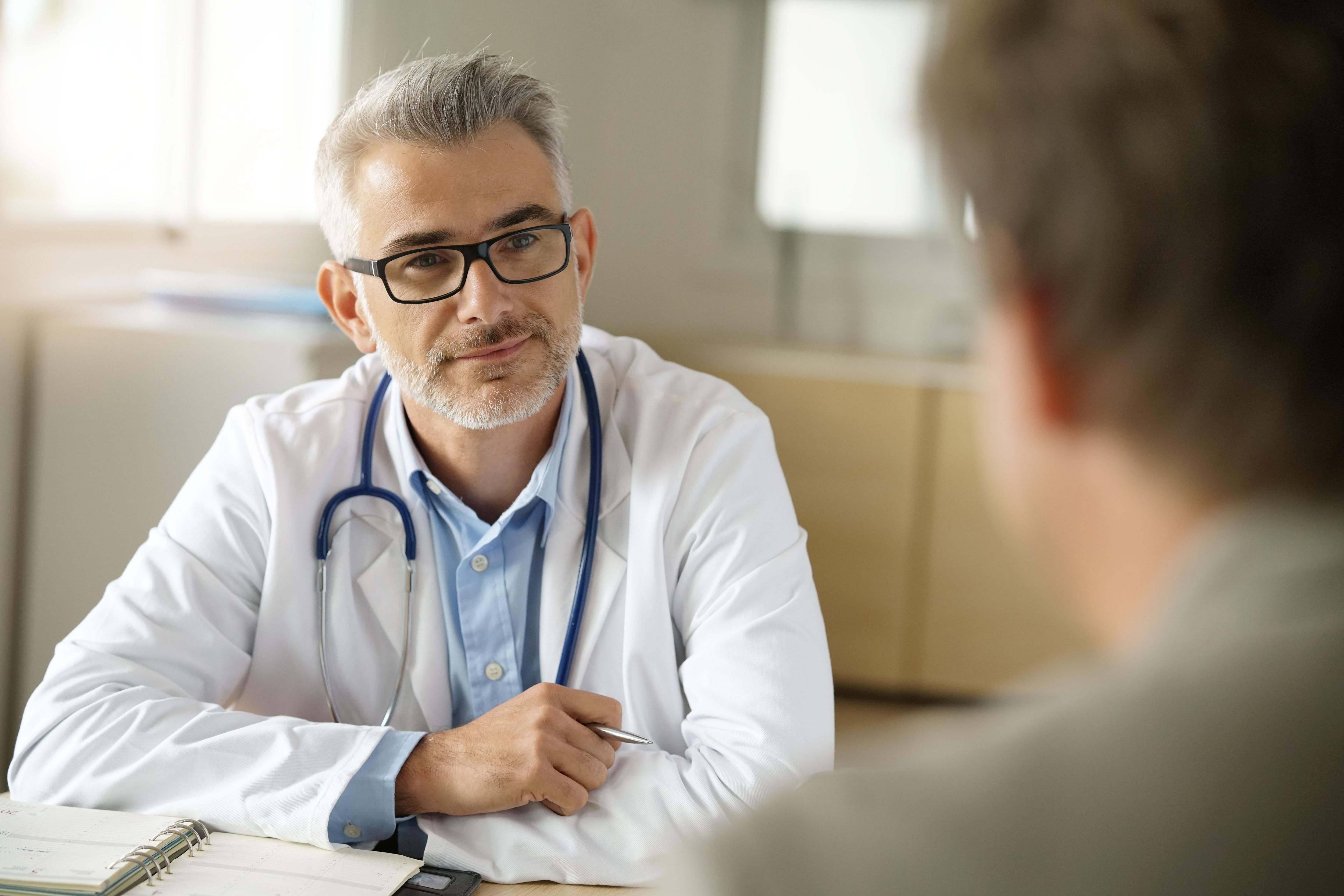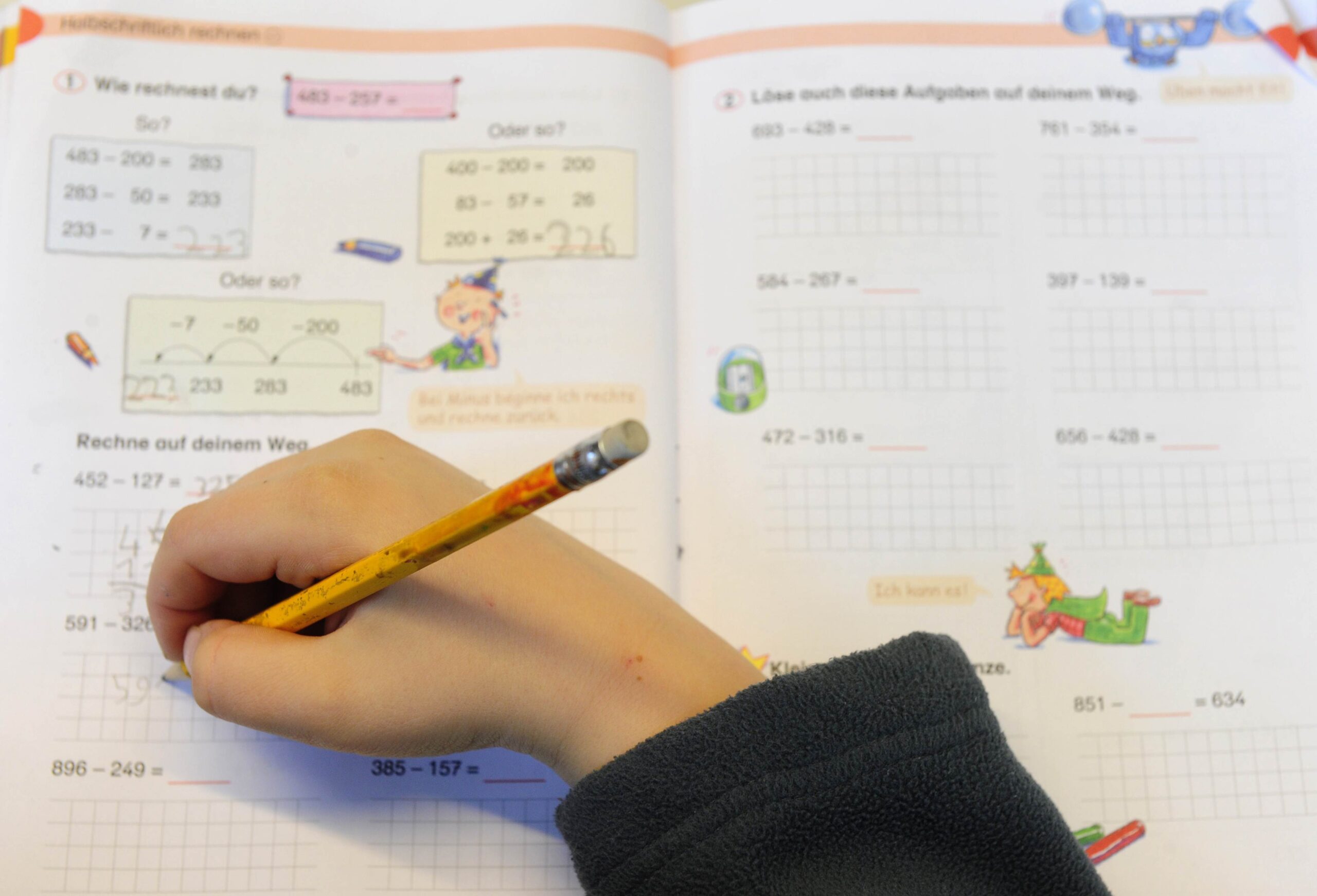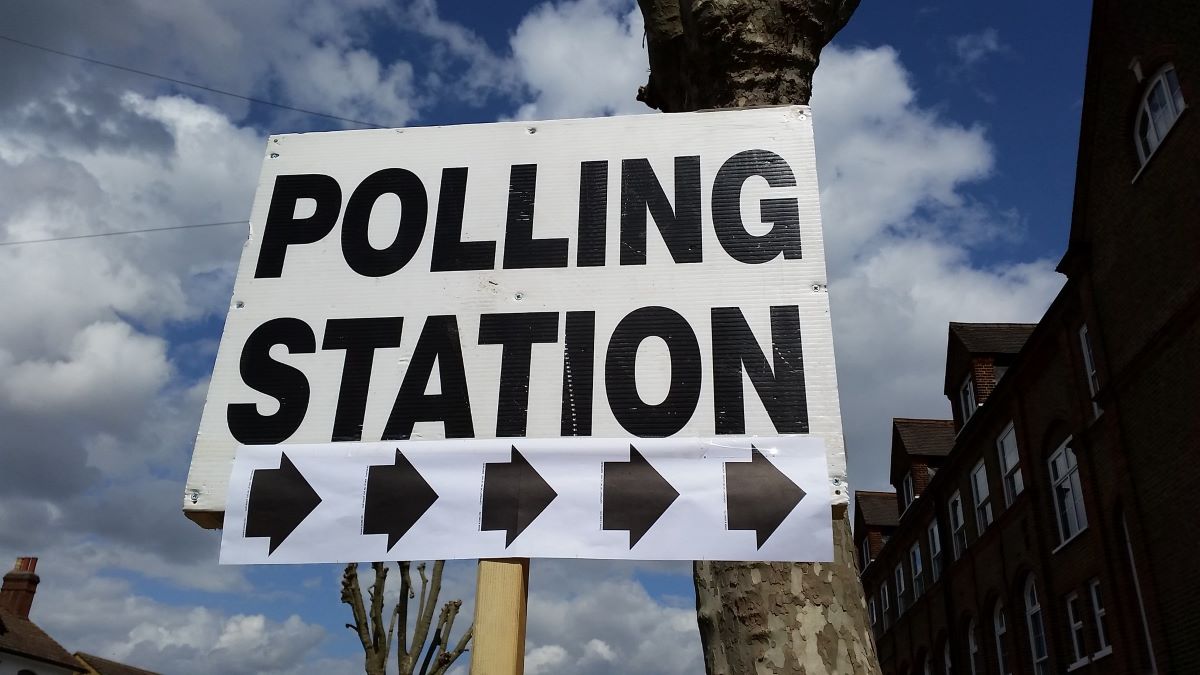Many People With Kidney Disease Don’t Even Know They Have It
Tasked with filtering excess fluid and waste from the bloodstream, your kidneys serve a crucial function in your body. But if you have chronic kidney disease (CKD), the kidneys become damaged and no longer filter blood as well as a healthy organ can. This allows waste to build up over time, causing kidney failure and other serious health problems including heart disease, anemia, bone disease, nerve damage, hypertension, and more.
To make matters worse, the early stages of this dangerous disease present with few symptoms, if any at all—leaving roughly 96 percent of people with early stage CKD unaware that they have a problem. Read on to learn how to get screened for this serious condition, and how to spot the symptoms if they do occur.
READ THIS NEXT: If You Drink This Beverage Often, Get Your Kidneys Checked, New Study Says.
According to a 2017 fact sheet released by the Centers for Disease Control and Prevention (CDC), roughly 30 million Americans are currently living with chronic kidney disease. The vast majority of people with early stage kidney disease—96 percent—are unaware that they have CKD at all. An Oct. 2022 study published in the New England Journal of Medicine points out that this poses a serious problem, since this stage is “when therapies that prevent progression are most effective.”
In Stage 1 CKD, the kidneys still work well, but you may experience mild physical damage to the kidneys. Doctors can typically diagnose Stage 1 kidney disease based on simple urine and blood tests. Those with early stage kidney disease are likely to have protein in their urine and excess creatinine—a waste product produced by muscles—in their blood.
READ THIS NEXT: If You Notice This on Your Face, Have Your Kidneys Checked.
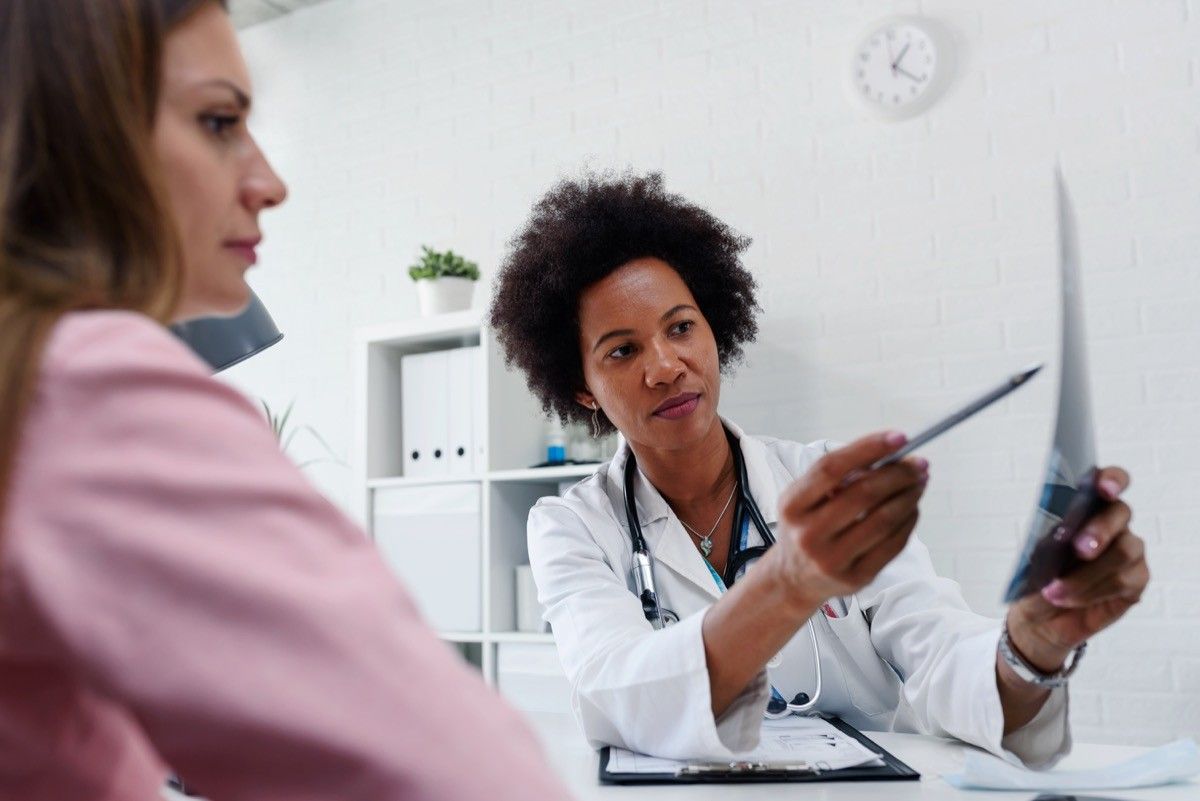
Since it only rarely causes symptoms, people tend to be unaware of early stage kidney disease. “This is because the body is usually able to cope with a significant reduction in kidney function,” explains the U.K.’s National Health Services (NHS). “Kidney disease is often only diagnosed at this stage if a routine test for another condition, such as a blood or urine test, detects a possible problem,” their experts write.
Symptoms are more likely to appear later in the course of the disease. These may include weight loss, fatigue, shortness of breath, insomnia, muscle cramps, swelling in the ankles, feet, or hands, itchy skin, nausea or vomiting, chest pain, and more. Some men experience erectile dysfunction in the later stages of CKD.
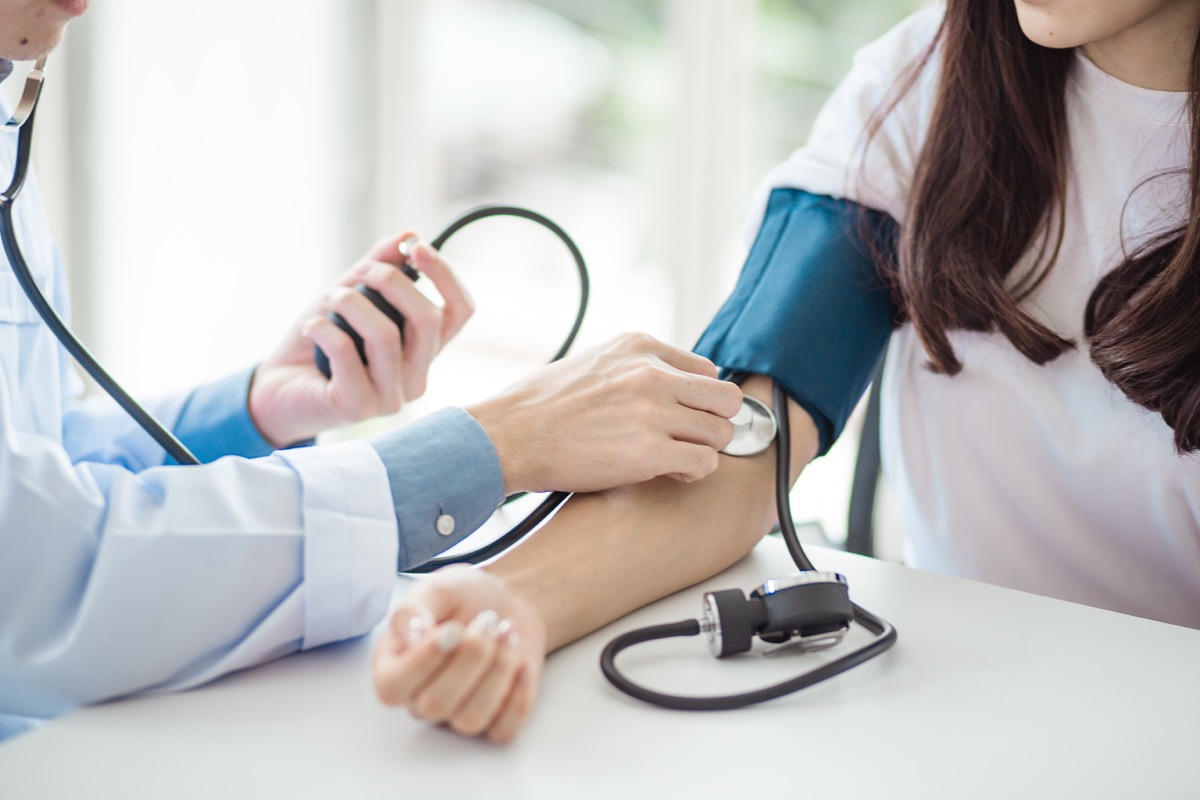
People with certain underlying conditions are at increased risk of developing CKD. In particular, those with diabetes, high blood pressure, and high cholesterol—and especially those who have been diagnosed with more than one of these conditions—are at a higher risk of developing kidney disease than those who have not.
Additionally, individuals who are obese, have a personal history of heart disease, or a family history of kidney disease are at increased risk for developing CKD.
For more health news sent directly to your inbox, sign up for our daily newsletter.

Getting tested regularly and receiving prompt treatment if you’re diagnosed can help slow the progression of CKD. “While the damage to your kidneys may not be reversible, there is a lot you can do at this stage to keep your kidneys working well for as long as possible,” says the American Kidney Fund.
Many of these strategies can also lower your risk of CKD if you have not yet been diagnosed. Besides managing underlying conditions, it’s important to get regular exercise, quit smoking, limit alcohol, take your medications as prescribed, eat a diet rich in fruits and vegetables, and reduce your salt intake, the CDC suggests.
Speak with your doctor to request testing for chronic kidney disease, or to learn more about how you can reduce your risk of someday developing CKD.
" Conservative News Daily does not always share or support the views and opinions expressed here; they are just those of the writer."

